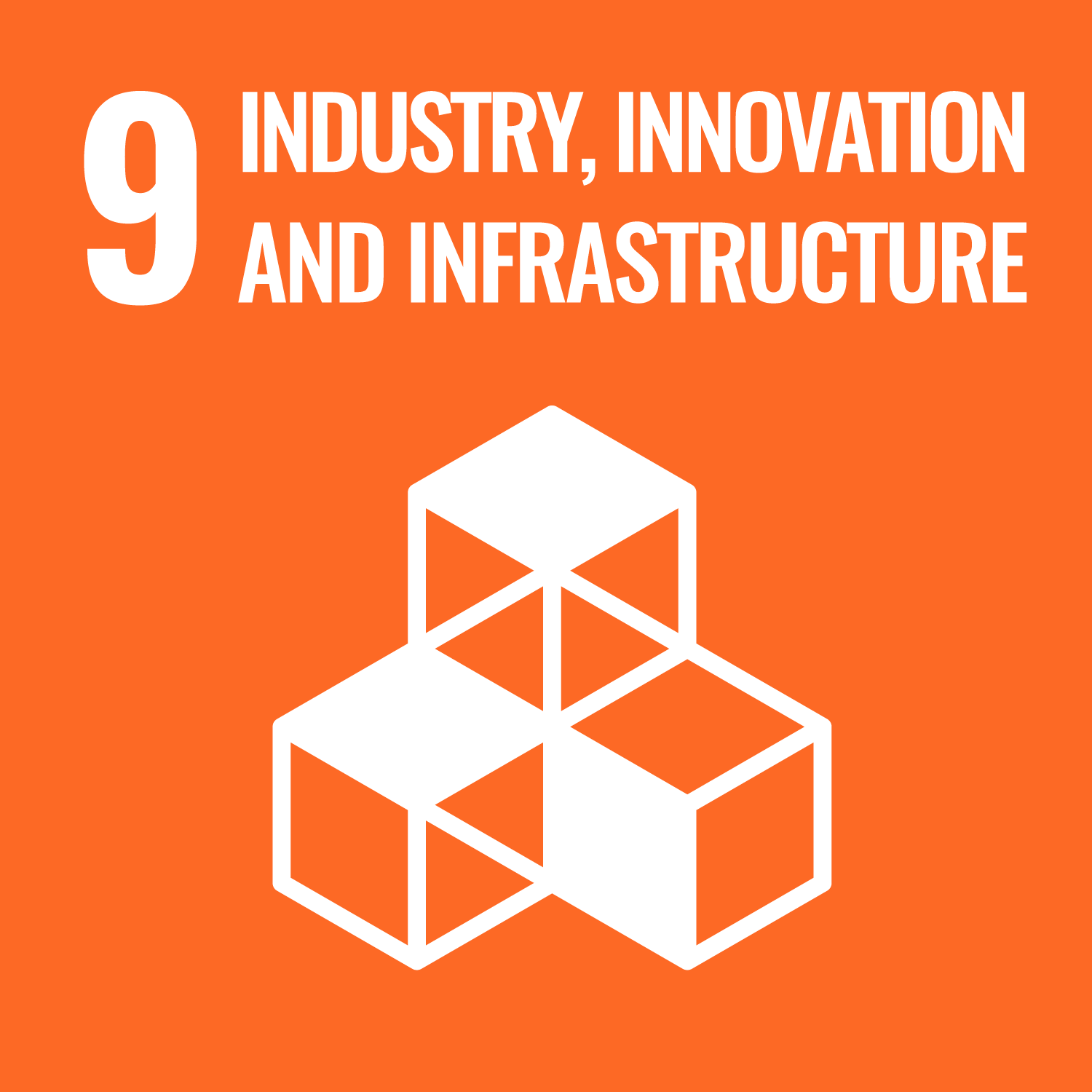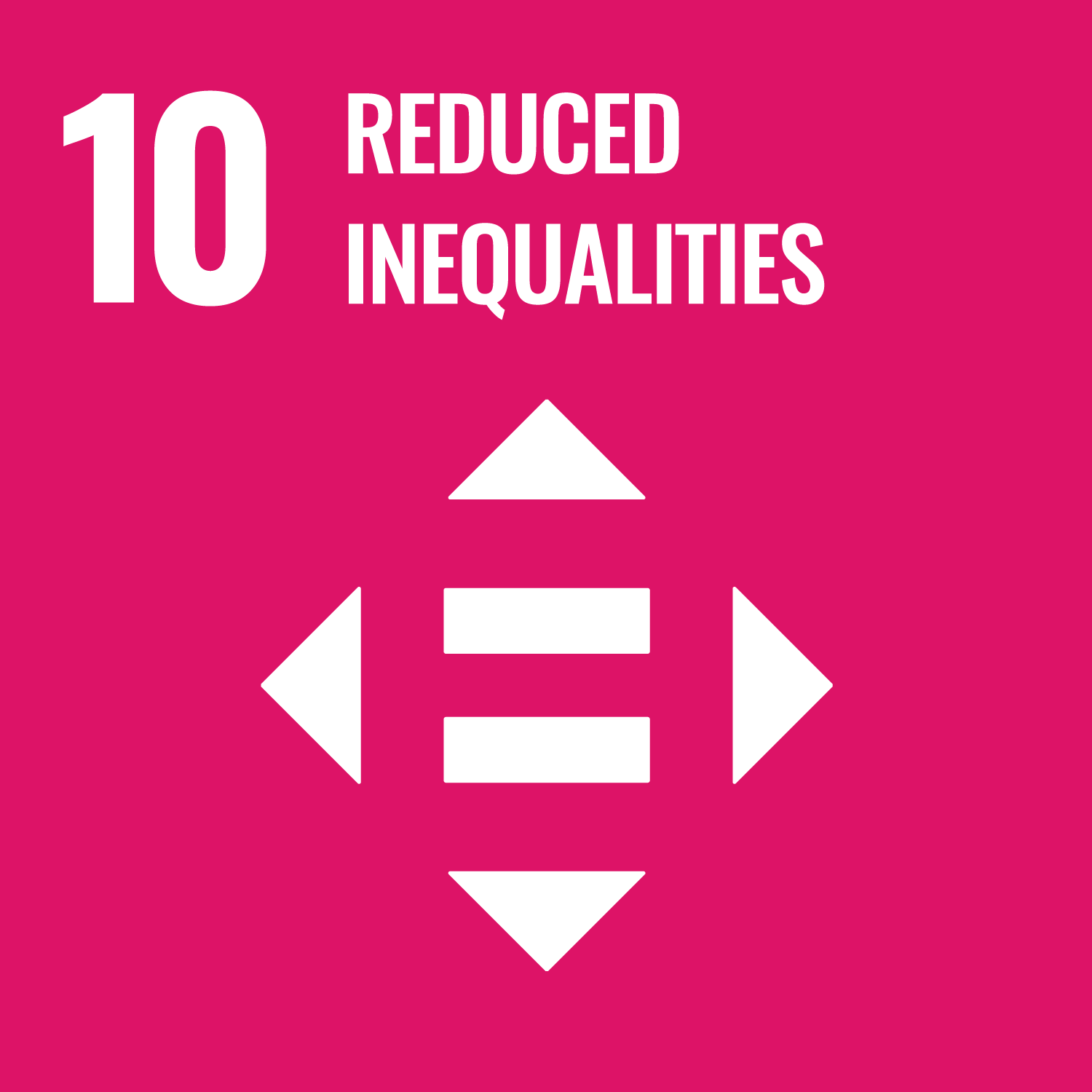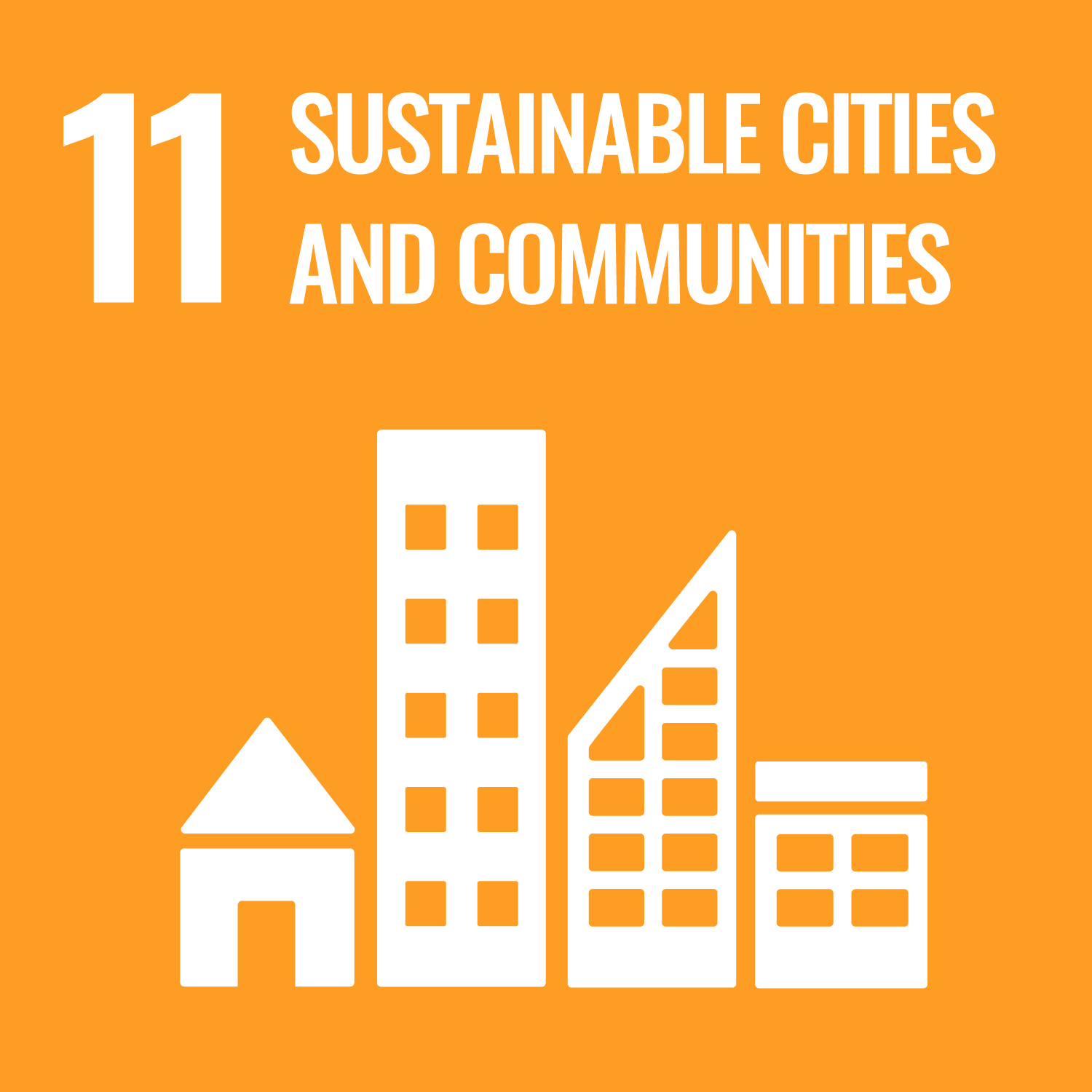Adaption to Climate Change into the National and Local Development Planning II
OBJECTIVES
- Climate risk information are available for the national planning processes of the Bangladesh Planning Commission (BPC)
- The preconditions for the examination of climate risks in the context of project appraisal by BPC are improved
- Capacities of considering climate risks in planning and appraisal processes are strengthened
DESCRIPTION
Bangladesh lies in the delta of three major rivers — Padma, Jamuna-Brahmaputra and Meghna — and is home to more than 160 million people which is the 12th largest densely populated country in the world. It is well on its way to graduating out of its status as Least Developed Country (LDC), with an average growth rate of 7.86 per cent in 2018 (BBS 2018). Nonetheless, it is one of the most vulnerable countries due to climate change. If climate science forecasts prove correct, development gains could be reversed in the medium term as the Bay of Bengal sea level is expected to rise by 30-45 cm by 2050. This will result in a possible loss of more than one-tenth of the territory of Bangladesh and cause internal displacement of 10-30 million people.
Holistic strategies are required at national and local levels to address these challenges and encourage effective allocation of limited public investment capital to sectors and regions most at risk. Currently, investments in public infrastructure often do not systematically take climate resilience into account. Moreover, it has been observed that the national actors are not adequately capable to make the optimum use of climate risk and vulnerability information in strategic and operational planning. As a result, climate resilience is not systematically incorporated into public investment projects and national development planning (core problem).
The project aims to contribute to increasing the climate resilience of extremely vulnerable population groups in urban areas of Bangladesh by 2020. ACCNLDP supports the systematic consideration of climate change impacts on development and investment planning, as well as improving the access to and use of geospatial information. Thus, the project explicitly aims to ensure that more investment projects consider climate risks. Furthermore, the project helps reduce the proportion of people vulnerable to climate change impacts by strengthening evidence-based decision making in planning and appraisal.
APPROACH/FIELD OF INTERVENTION
Optimum use of climate risk information in national planning
A better evidence-based set of actions has been formulated for area-specific climate risks in the national plans by improving the quality and usability of climate information. Climate information is used to determine climate risks and local adaptation needs in the sectoral plans or specific chapters of the national plans as well as in investment projects.
Improved examination of climate risks in the context of project appraisals
Planning officials can now appraise development project proposals better in the context of climate due to the integration of the Climate Check Method (CCM) and Planning Information System (PLIS) at key points of project appraisal and provision of user-friendly geospatial and climate information. As a result, the applications, methods and data bank become integral parts of the process guidelines.
Enhanced individual and organisational capacity
The officials involved in the planning process of the country have enhanced capacities for considering climate risks in planning and appraisal processes. Capacity development underpins all outputs of the project. It is a prerequisite for understanding and effectively using digital applications and CCM when appraising projects or developing national plans. Bangladesh People living in vulnerable situation due to climate change impacts
HIGHLIGHT ACTIVITIES
- Development of Planning Information System, a digital tool, for Bangladesh Planning Commission.
- Development of Climate Check Method for appraising development project.
- Enhancing the capacity of the officials involved in the planning process for considering climate risks in planning and appraisal processes.
PUBLICATIONS
COUNTRY
Bangladesh
DURATION
Jul 2019 - Jun 2022
Commission Agency
BMZ
SDG







